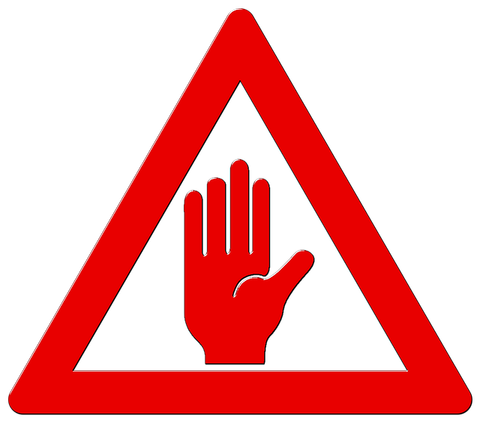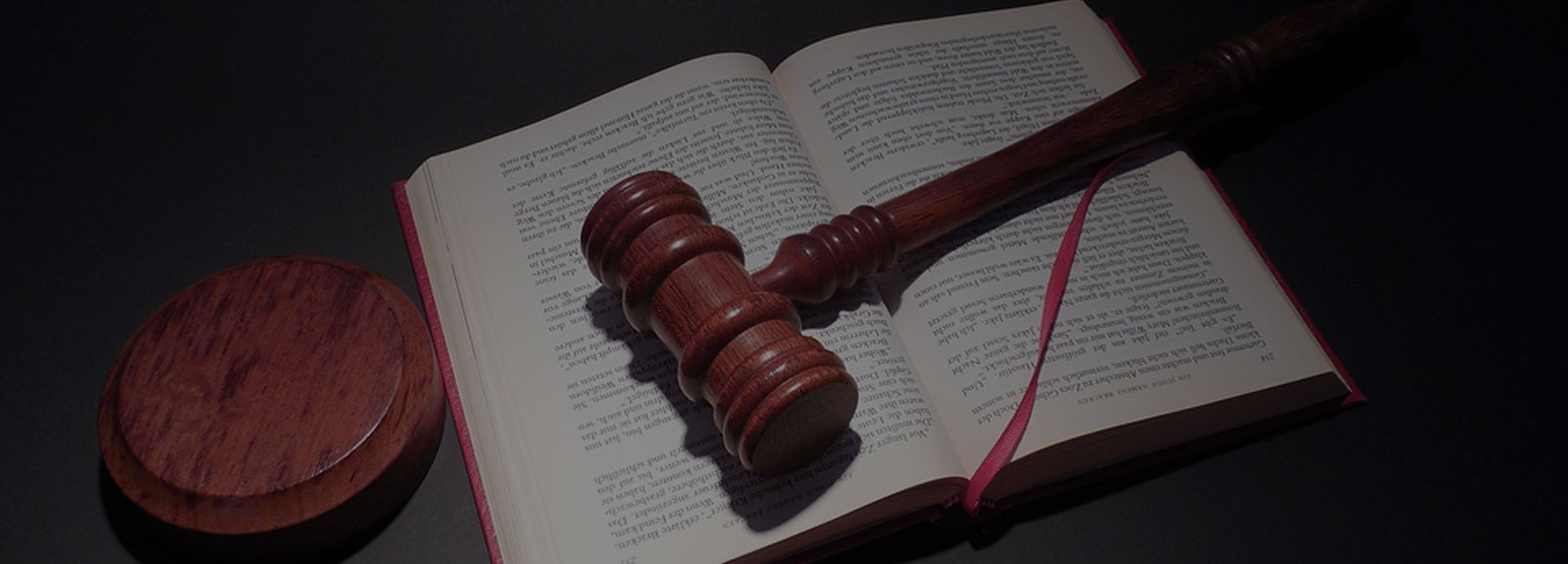13 Aug 5 Terrible Things You Can Do For Your Credit
Many people want to pay off their debt but they aren’t sure how or why they got into debt in the first place. There are many things you can do that don’t reflect well on your credit.
These 5 are just about the worst.
Opening Too Many Accounts Too Quickly
Opening too many accounts at the same time makes you appear financially unstable to lenders and creditors. It makes it look like you have a lot of things to pay for and are going to many different sources to get money.
This will negatively impact you by causing your credit score to drop. It’s best to stick to one or two accounts if you need the funds. There are other options if you are running low on money called payday loans. The interest is pretty high, but they aren’t as picky when it comes to credit scores.
Closing Long Standing Cards

15% of your credit score is made up of how long you’ve actually had credit in the first place. When you’re younger you’ll find your credit score isn’t that great. This isn’t because you’ve done anything to hurt it, but because you don’t have any credit history.
The trick is to identify which credit lines you’ve had the longest when consolidating or trying to pay credit off. Make sure you don’t close these and only focus on closing the cards that are newer.
This will help your overall score by showing you’ve had plenty of time to handle credit.
Late Payments
When you sign up for a product or service from a company and agree to pay them a monthly fee for it, you have to pay on time. When you don’t pay them on time the company assumes you’re not going to pay at all. Most companies stick to the 120 day rule.
After 120 days your past due account is sent into collection. In collection your credit company is paying a collection agency to call and remind you about your overdue payment. That’s what a bill collector is, someone who works at a collection agency.
Not only does this raise the amount owed by adding a collection fee, it also reflects negatively on your credit. The general amount of time even small collections stay on your credit is 7 years but this can differ by lender.
Remember to pay things such as your credit cards. Also utility bills, doctors and lab bills, and any other person you may owe money to avoid going into collection.
If you avoid the hassle before it starts you won’t have to worry about silencing your phone every 5 minutes.
Repossession
On the same note as collections you have repossessions. Repossessions typically apply to vehicles such as cars, trucks, boats, or those used for recreational activities. If you still owe someone money for the vehicle and don’t pay, they have the right to repossess the item.
While most companies wait 2 months to come after the vehicle, some only wait 1. Repossessions can stick on your credit for 7 years and they look much worse than simple collections.
If you think you might not be able to make a payment on your vehicle note call your lender ahead of time. Some lenders offer skip-a-payment options where they will allow you to skip the payment for the month. This can help you catch up on your bills and be ready to pay when the next payment cycle rolls around.
If you decide to skip a payment the payment you skip is then added onto the end of the billing term. You’ll never be able to fully get out of paying the amount just by skipping one month.
You’ll never know if a lender will try to work with you until you ask. Keep in mind the lender would rather work out a payment plan with you than send your car to auction where they will never get what it’s worth.
Foreclosure
Foreclosing on your home is the worst possible thing you could do for your credit. It has the biggest impact and it makes it hard to gain credit for pretty much anything. Foreclosures follow you around for 7 years and can make you appear unreliable and untrustworthy to lenders.
If you’re going through a foreclosure it’s best to try to find somewhere else to live before it processes. It will be difficult to qualify for anything once it does.
The bright side is that with all credit issues, you can rebuild. There are many things you can do to rebuild your credit such as talk to a credit specialist, maintain a small amount of credit, or even having no credit at all.
Some people find having any credit at all is too tempting so they just stay away all together. If you find this might work best for you, give it a try.
Whether you’re waiting 7 or 10 years there will be a day when you can have decent credit again. You just have to make sure you prepare yourself mentally and financially for it so you don’t end up back where you started.


No Comments